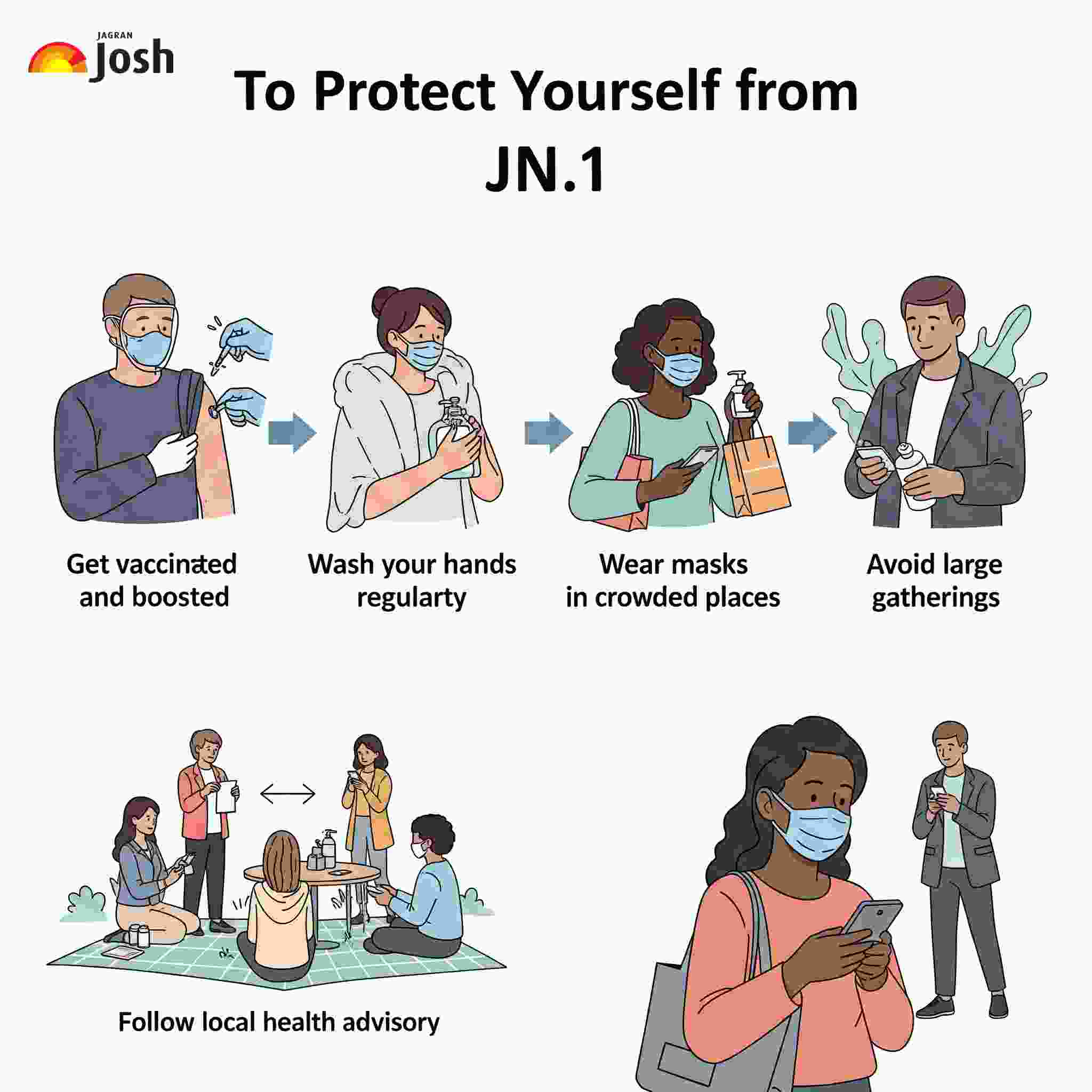The JN.1 Covid variant is a recently observed subvariant of the Omicron lineage that has been responsible for a such a sudden increase in Covid-19 cases in many Asian nations. The World Health Organization (WHO) has labeled JN.1 as a "variant of interest," and not a “variant of concern” showing that health scientists are keeping it under close observation, but there isn't any strong evidence so far that it leads to more serious disease than other subvariants of Omicron.
Key Facts About JN.1 Covid Variant
- Lineage: Omicron subvariant
- WHO Status: Variant of interest (not a variant of concern)
- Severity: No indication to date that it causes more severe illness than prior Omicron subvariants
- Spread: Linked with recent Covid-19 case spikes in Asia
List of Countries Impacted by the JN.1 Variant
Latest numbers indicate that a lot of Asian nations have seen a huge surge in the cases of Covid-19, primarily due to the JN.1 variant and descendants of the same. Following is an overview of the worst-hit countries and how each fares:
| Country | Recent Trends & Data | Response Measures |
| Hong Kong | Highest percentage of Covid-positive respiratory samples in a year; 31 severe cases reported in one week | Health authorities on alert; monitoring sewage data |
| Singapore | 28% increase in cases (14,200 in one week); hospitalizations up 30% | Released official figures; monitoring closely |
| Thailand | Cases doubled to 33,030 in one week; most cases in Bangkok and nearby provinces | Urging booster vaccinations, especially for high-risk groups |
| China | Covid positivity rate in outpatient/emergency cases rose from 7.5% to 16.2% (Mar 31–May 4) | Monitoring for a possible new wave |
| More than 1000 active cases reported recently; no outbreak yet | Authorities closely monitoring the situation |
What Does This Mean?
JN.1 is Spreading: The JN.1 subvariant is causing a major spike in Covid-19 infections in many Asian nations, particularly in densely populated cities and following mass public events such as Thailand's Songkran festival.
The latest wave is being fueled by two new sub-variants of Omicron — LF.7 and NB.1.8 — while the JN.1 strain remains the most dominant in the nation and globally.
No Evidence of Greater Severity: Till now, JN.1 does not seem to lead to more severe disease than previous Omicron subvariants. Cases are generally mild to moderate, but health officials are keeping a close watch.
Who is Most Impacted: In Thailand, new cases are mainly among 30–39 year olds, but everyone can be at risk, particularly those with poorer immune systems.
Vaccination Still Critical: Public health authorities in impacted nations are encouraging individuals, particularly those in vulnerable groups, to receive booster shots to prevent severe illness.
Check Out: China Restricts Export of 7 Rare Earth Minerals, Check Full List and Their Uses Here
Precautionary Measures

Stay Informed: Pay attention to local health advisories and news for updated information.
Get Vaccinated: Get a booster dose if you are eligible, and also if you are in a high-risk group.
Practice Good Hygiene: Wash hands more often, wear a mask in public places, and avoid crowds if possible.
The JN.1 Covid strain is now behind a new wave of infections in various Asian nations. Although it is closely watched, there is no indication as yet that it is more harmful than earlier strains. Keeping up with the latest information and following public health guidelines remains the best means of safeguarding yourself and your community.
Also read: Economy Explainer: Why Are Gold Prices Rising? 5 Key Reasons Explained
Comments
All Comments (0)
Join the conversation